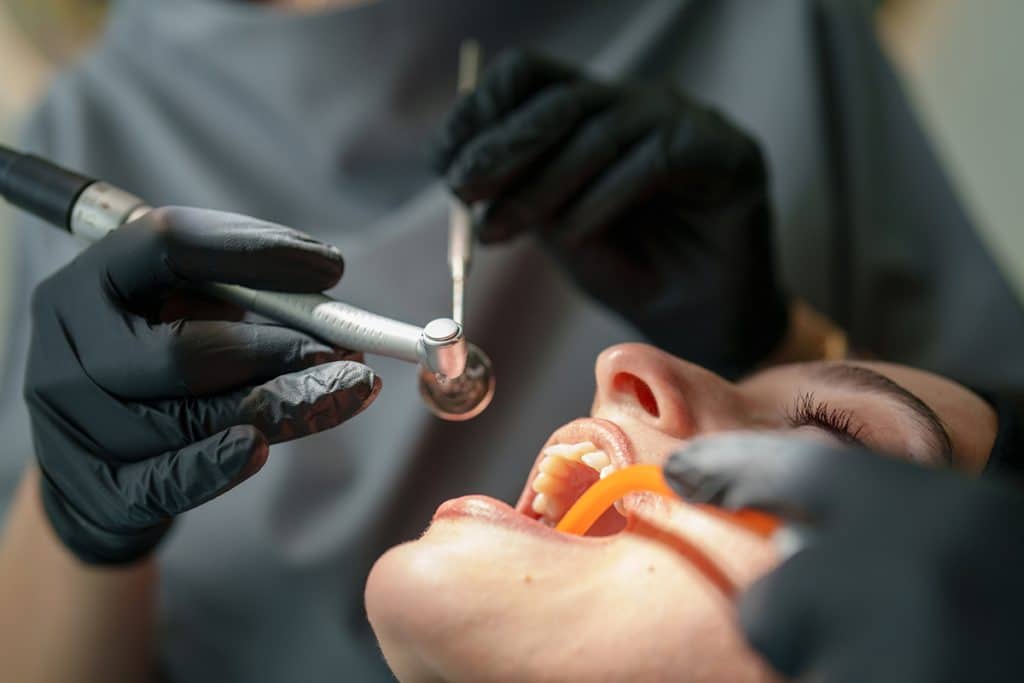What Is Considered an Endodontic Emergency?

Dental pain can strike at any time, and when it does, it’s not always easy to know whether it’s an emergency or something that can wait. For many, the uncertainty of tooth pain can be as overwhelming as the pain itself. When it comes to endodontic emergencies—issues affecting the inside of the tooth and its supporting structures—understanding what qualifies as urgent is crucial for timely and effective treatment.
This blog will guide you through what is considered an endodontic emergency, the signs to recognize an issue, and immediate steps you should take. If you’ve been wondering, “Is my pain serious enough to seek immediate care?” this guide will provide the clarity and reassurance you need.
Defining Endodontic Emergencies
An endodontic emergency refers to critical dental situations involving the pulp (the innermost part of the tooth containing nerves and blood vessels) or the surrounding tissues. These emergencies can include severe infections, trauma, or other conditions that require immediate attention to alleviate pain, prevent tooth loss, and stop the spread of infections.
Commonly thought of as issues requiring a dentist or endodontist immediately, emergencies can vary widely from intense pain to swelling or systemic symptoms like fever. Left untreated, these conditions can lead to more severe health complications.
Examples of procedures often involved in treating endodontic emergencies include root canal therapy, abscess drainage, or pulp-related surgeries.
Common Types of Endodontic Emergencies
1. Severe Toothache or Pulpitis
A severe toothache can originate from inflammation or infection of the tooth’s pulp. This condition, known as pulpitis, often involves sharp, shooting pain, particularly when biting or consuming hot and cold foods. If the pain becomes persistent and unbearable, it’s likely an emergency.
2. Dental Abscess
A dental abscess occurs when an infection develops at the root of a tooth, often forming a painful pocket of pus. Abscesses can cause intense pain, swelling, and a foul taste in the mouth. Left untreated, an abscess can spread to other areas, such as the jaw or even the bloodstream, posing serious health risks.
3. Tooth Trauma
If you’ve experienced a cracked, chipped, or completely knocked-out tooth due to an accident, it is also classified as an emergency. Trauma may expose the tooth's pulp, making it vulnerable to infection or permanent damage.
4. Persistent Swelling
Swelling in your mouth, gums, or jaw may signal a deep infection in the dental pulp or surrounding tissues. This swelling often requires urgent care to prevent complications.
5. Post-Treatment Pain or Complications
Severe pain or swelling following a dental procedure, such as a recent root canal or filling, may indicate that something is wrong and requires Professional reassessment.
Signs and Symptoms to Recognize an Emergency
It can sometimes be difficult to determine whether your issue warrants urgent care. Here are common signs of an endodontic emergency to look out for:
- Severe or persistent tooth pain, especially throbbing or shooting pain
- Swelling in your gums, jaw, or face
- A sudden bad taste in your mouth or foul-smelling breath
- Difficulty in opening your mouth or chewing
- Sensitivity to hot or cold that doesn’t fade quickly
- Fever or signs of systemic infection (fatigue, chills)
- Visibly cracked, chipped, or dislodged teeth
Recognizing these symptoms early can make a significant difference in preserving your oral health.
Immediate Steps to Take for Endodontic Emergencies
When faced with an endodontic emergency, remaining calm and taking the correct steps is crucial. Here’s what you can do:
- Rinse with Warm Saltwater. If swelling or discomfort is present, rinse your mouth gently with warm salt water to cleanse the area and reduce bacteria.
- Apply Cold Compresses. For swelling, place a cold compress on the outside of your cheek for 15-minute intervals.
- Take Over-the-Counter Pain Relief. Use pain relievers, such as ibuprofen, to manage discomfort while you seek professional help. Avoid aspirin as it may increase bleeding.
- Preserve a Knocked-Out Tooth. If your tooth has been dislodged, gently rinse it without scrubbing and try to place it back in its socket. If that’s not possible, store it in milk or saliva.
- Seek Immediate Care. Contact your dentist or endodontist as soon as possible. Many dental practices offer emergency services for patients in need.
When to Seek Professional Care
Not every dental issue requires immediate attention, but certain conditions should never wait. Call your dentist or an emergency endodontist when:
- Pain becomes unbearable and doesn’t improve with at-home care.
- There’s visible swelling or a fever, as this may indicate a spreading infection.
- Your tooth is heavily fractured, or the pulp is exposed.
- A tooth has been completely knocked out—time is of the essence for reattachment.
Most endodontists reserve time for emergencies and can provide prompt relief, stabilizing your condition and preserving your oral health.
Preventative Measures for Future Emergencies
While emergencies can’t always be avoided, there are steps you can take to reduce your risk:
- Follow Proper Oral Hygiene: Brushing twice a day and flossing regularly can prevent decay and infections.
- Attend Regular Check-Ups: Routine dental visits help identify issues early, avoiding the need for urgent care later.
- Use Protective Gear: If you’re active in sports, a custom mouthguard protects your teeth from trauma.
- Avoid Hard Foods: Items like hard candy or ice can damage your teeth, leading to fractures or chips.
- Treat Dental Issues Promptly: Don’t ignore signs of decay or sensitivity—early intervention is key to prevention.
By building these habits into your routine, you can significantly lower your risk of experiencing an endodontic emergency.
Timely Endodontic Care Preserves Teeth and Prevents Pain
Endodontic emergencies can be stressful, but quick action can save your tooth and prevent further complications. Recognizing the signs, knowing the immediate steps to take, and seeking professional care are crucial to resolving the issue effectively.
If you’re currently experiencing symptoms or want to prepare for potential emergencies, having access to reliable dental services is essential. Don’t wait—your oral health matters.
In case of an endodontic emergency, call 254-778-4400 immediately. Heart of Texas Endodontics will make the necessary arrangements to provide prompt treatment.

